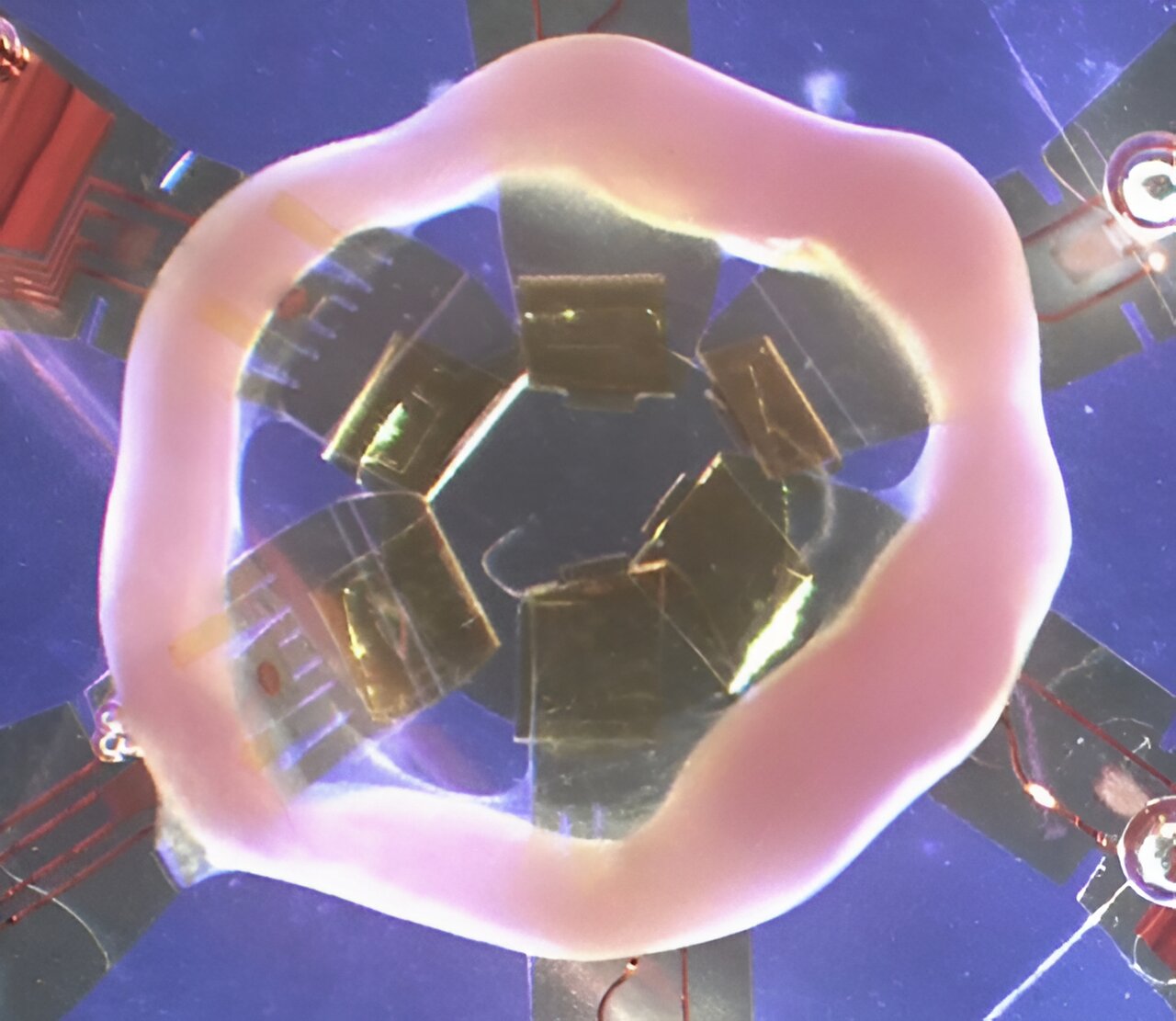A new study in Advanced Science unlocks the secrets of how high blood pressure (hypertension) fuels the progression of arterial disease. Led by Professor Thomas Iskratsch, Professor of Cardiovascular Mechanobiology & Bioengineering at Queen Mary University of London, the research team exposes a novel mechanism by which elevated pressure transforms muscle cells in the arterial wall into “foam cells” — the building blocks of plaque buildup that cripples arteries.
The study focuses on vascular smooth muscle cells (VSMCs), the workhorses responsible for maintaining blood vessel tone and flow. Under the chronic stress of hypertension, VSMCs undergo a dramatic makeover. The researchers discovered that pressure alone triggers these cells to fill with lipid droplets, morphing them into foam cells — culprits in the formation of atherosclerotic lesions, the hallmark of arterial disease.
“This finding is pivotal because VSMCs make up over half of the foam cells found in arterial blockages,” explains Professor Iskratsch. “Understanding how pressure flips this switch from muscle to foam cell is crucial for developing new therapies to control or reverse the buildup of these dangerous lesions.”
The study goes deeper, identifying the molecular machinery behind pressure’s impact. Using advanced imaging techniques, researchers pinpointed a “mechanosignalling” pathway involving Piezo1, a pressure-sensitive protein, as well as changes in lipid metabolism and gene activity. This paves the way for novel therapies targeting specific pressure-sensitive points in the cell.
This breakthrough research offers not only a deeper understanding of arterial disease but also exciting possibilities for future treatment strategies. By targeting the mechanisms that drive VSMC transformation into foam cells, researchers might be able to develop medications that prevent or even shrink atherosclerotic lesions.
“Our findings provide a vital blueprint for developing next-generation therapies that could benefit millions suffering from the life-threatening consequences of arterial disease,” concludes Professor Iskratsch. “This is a significant step forward in our journey towards a future where high blood pressure doesn’t have to steal away life.”


